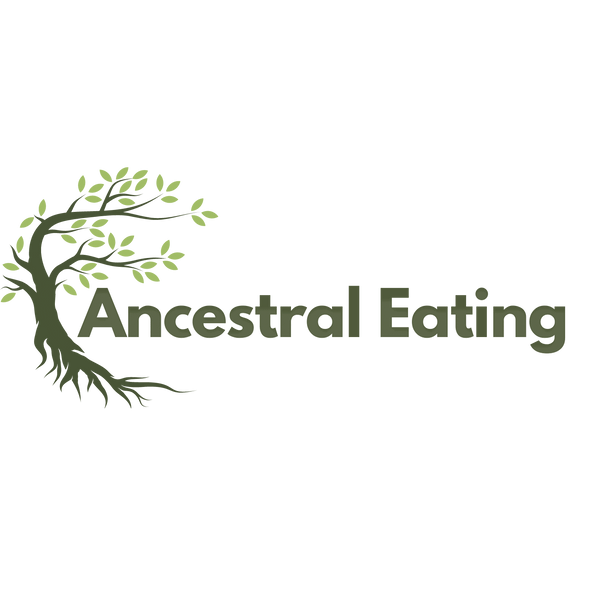The cuisine of Qatar has been shaped by its arid environment, Bedouin culture, and Islamic traditions, as well as a host of external influences including Indian, Persian, and North African cuisines. Over the last 500 years, the food landscape has changed significantly, partly due to oil wealth and globalization, but also because of centuries-long trade relationships. Here's an overview:
Pre-Oil Era and Traditional Foods
- Dates: One of the most basic and traditional foods, often eaten for quick energy.
- Camel Milk: Another staple in the Qatari diet, usually consumed fresh.
- Fish and Seafood: Being a peninsula, fish such as grouper and hammour were traditional staples.
- Rice: Though not indigenous, rice became a staple food item, often flavored with spices like saffron and turmeric.
- Meats: Goat, chicken, and lamb were commonly eaten, often as part of a communal meal.
- Bread: Flatbreads like "khubz" were baked on hot stones or in communal ovens.
- Spices: Cardamom, saffron, and turmeric are commonly used in Qatari cuisine.
Ottoman and Persian Influences
- Stews and Kebabs: Various types of slow-cooked stews and kebabs made their way into the Qatari diet, often featuring tomatoes, potatoes, and carrots in addition to meats.
- Dolma: Stuffed grape leaves, a popular dish in the Ottoman Empire, also found its way into Qatari cuisine.
20th Century: Oil Wealth and Globalization
- Diverse Cuisine: The discovery of oil brought a flood of expatriates and their foods, including Indian, Filipino, and Western cuisines.
- Fast Food: Like much of the world, fast food chains have established a significant presence.
- Modern Twists: Traditional dishes are sometimes prepared with modern, international ingredients.
Traditional Dishes
- Harees: A dish made with wheat and meat, traditionally prepared during Ramadan and other special occasions.
- Machboos: A spiced rice dish usually cooked with meats like chicken, lamb, or fish.
- Balaleet: A sweet and savory dish of vermicelli and eggs, often eaten for breakfast.
Festive and Special Occasion Foods
- Gahwa: Arabic coffee, often served with dates, is a traditional welcome gesture.
- Whole Roast Lamb: Often prepared for special occasions, spiced and sometimes served on a bed of rice.
Contemporary Trends
- Health Consciousness: With rising rates of obesity and diabetes, there’s a growing awareness of the need for a balanced diet.
- Fine Dining: The capital city, Doha, boasts a wide range of high-end restaurants offering international cuisines.
- Sustainability: Given that Qatar imports most of its food, there's an increasing focus on developing sustainable agriculture, such as hydroponic farming.
Qatar's food landscape is continually evolving, but its roots are deeply tied to its history, geography, and cultural traditions. From simple meals of dates and camel milk to elaborate feasts featuring global cuisines, the foods eaten in Qatar over the last 500 years offer a fascinating glimpse into the nation’s past and its rapidly changing present.






